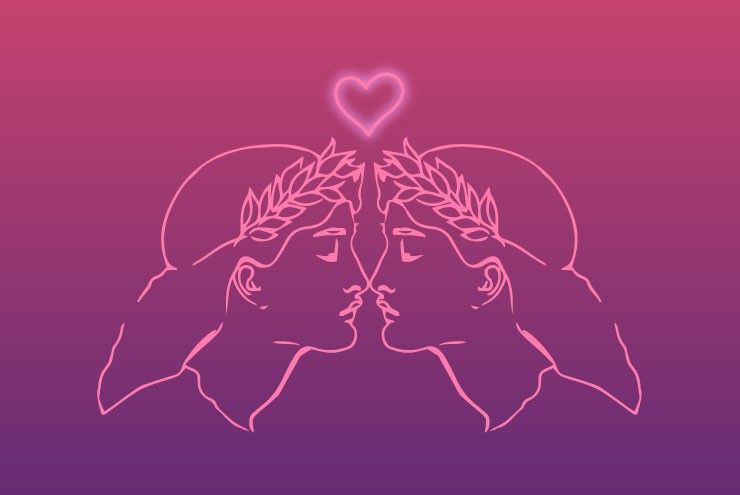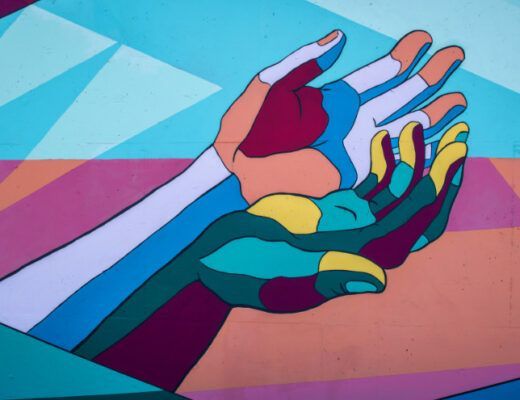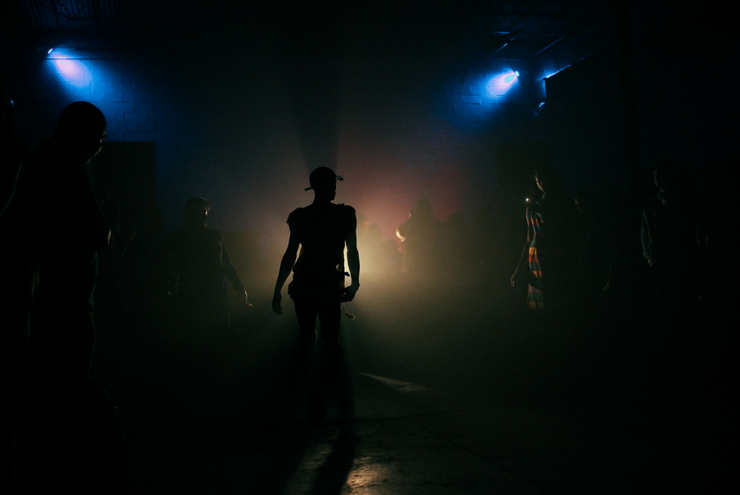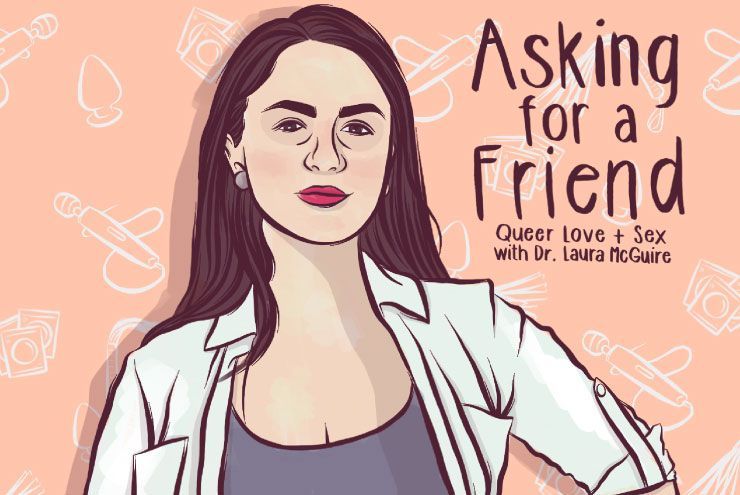By Dr. Laura McGuire
It’s the same thing at almost every LGBTQ millennial women’s event I attend—“I’m queer.” “I’m gay.” “I’m questioning.” “I’m bisexual.” “I’m pansexual.” “I’m heteroflexible.”
No one is a self-identified lesbian. Not today, not anymore.
So where have all the lesbians gone? What made the word so disliked? Why do queer men simply identify as gay, even if they’ve had relationships with women in the past? I’ve pondered this question a lot, and have asked many female, male, and non-binary friends about their relationships with identities and labels. As a scholar and sexologist, a huge part of my interest in this conundrum is professionally based, as it’s my job to understand all dimensions of human sexuality. In an effort to explore why my community shies away from a term many once embraced, I aim to unpack the term “lesbian,” its history, and its entomology.
I understand the hesitation of adopting the lesbian label. In my personal coming out journey, I first identified as bisexual, then pansexual, then queer, then full-fledged six-on-the-Kinsey-scale lesbian, only to find—in a plot twist of ironic fate—that I am, once again, back to identifying as queer.
Perhaps much of the disassociation with the lesbian label is rooted in not understanding what the term means. To fully comprehend it, we have to travel back in time to ancient Greece, to the time of the first lesbian in recorded history, Sappho. Sappho was a poet and teacher on the small island of Lesbos, off the coast of Greece. She wrote and taught during the seventh century B.C., but her poetry wasn’t truly embraced by Western Europe until the 17th century. At some point between then and the turn of the 20th century, she became so well known for her women-who-love-women erotica that her island of Lesbos became synonymous with queer women. Thus, the term “lesbian,” was born. Compared to many other etymologies of LGBTQ terms, this is one of the most pleasant histories. I mean, who doesn’t want to spend her days having passionate sex and writing love poems on a Greek isle? Sounds pretty perfect to me!
During the early days of the queer revolution, post-Stonewall in New York, protest signs boldly displayed the term—lesbian pride was bountiful and visible. Dyke—a term originally used to imply a woman was neither male nor female—was also reclaimed and celebrated. When Ellen DeGeneres came out, she didn’t use the term queer, but proclaimed she was a lesbian (and sometimes gay, interchangeably). So why, only a few decades later, do so few millennial women claim the same? Is it because we now better understand that the gender spectrum is more than a binary system? That our lovers may be trans, genderqueer, non-binary, or gender nonconforming?
These were the questions running through my head when I claimed my lesbian identity at age 25. At 29, I see things through a more complex lens. My label and identity continue to evolve in ways that leave me in awe and existential curiosity. Just when I think that gender is a paramount preference, I meet someone who challenges this notion. Many of my non-binary friends who were assigned female at birth feel the term “lesbian,” can never explain the intricacies of their gender identities and sexual orientations.
Although Sappho is highly regarded as the mother of lesbianism, even that is up for sociocultural debate—many of her love poems also suggest male lovers, implying queer/bi/pansexual identity by today’s standards. There’s a deeper desire to acknowledge the fluidity of sexuality—even women who are attracted to women may have cared for past boyfriends or may be open to male or non-binary lovers in the future. What is the purpose of labels anyway? To help individuals express their truest selves? Or for society to better categorize our lives and experiences?
What I do know is this—the word lesbian is beautiful, has a complex and romantic history, and is a term that many have fought tirelessly to reclaim. It is a word that I hope, for the sake of Sappho and our lesbian ancestors, returns into greater queer society. And, if it does not do justice to our evolution as queer people, I hope we, as a community, better understand its place in our collective history and honor its importance.







